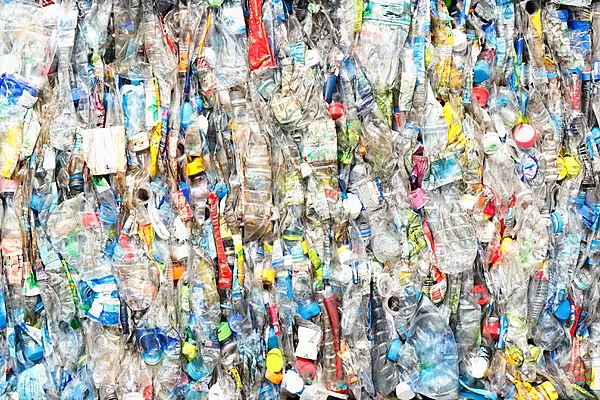Arabica-coffee futures capped the biggest rally in six weeks as dry conditions dim prospects for output in Brazil, the world’s top producer and exporter.
Brazilian growing regions will receive limited rains through April 17 after the worst drought in decades hurt crops in January and February, according to World Weather Inc. in Overland Park, Kansas. Estimates for the country’s output this year range from as low as 40.1 million bags to as high as 56.5 million.
The gap is more than the size of expected production in Colombia, the second-biggest supplier of arabica beans, which are favored by Starbucks Corp.
Prices jumped 14% in four sessions, the biggest such rally since Feb. 24. The prospect for shrinking output has been compounded by smaller harvests in Central America, where a fungal disease called leaf rust hampered crops in the past two years. Tighter supplies may boost costs for J.M. Smucker Co., which makes Folgers, the best selling U.S. brand.
“The problem is that nobody really knows the extent of the losses,” Stefan Uhlenbrock, a senior analyst at F.O. Licht in Ratzeburg, Germany, said in a telephone interview. “This will not be resolved until the harvest is completed by September,” in Brazil, he said.
Arabica coffee for May delivery jumped 1.6% to settle at $1.965 a pound on ICE Futures U.S. in New York, after reaching $2.028, the highest for a most-active contract since March 14. A bag weighs 60 kilograms, or 132 pounds.
“If the worst-case scenario materializes, we could have a severe global-supply deficit in 2014-2015, and that could send prices to $3” before the end of the year, Uhlenbrock said.
Prices have surged 78% this year amid the Brazil drought. Now, the prospect of an El Nino weather pattern is next threatening a deluge that could bring too much rain and hurt production for next season’s crop.
“Coffee is stuck between a rock and hard place at the moment,” Arthur Liming, a Chicago-based futures specialist at Citigroup Inc., said in e-mailed report. “If the weather were to turn unseasonably wet, the rains would interfere with harvest efforts and likely lead to further quality issues.”
Bloomberg














